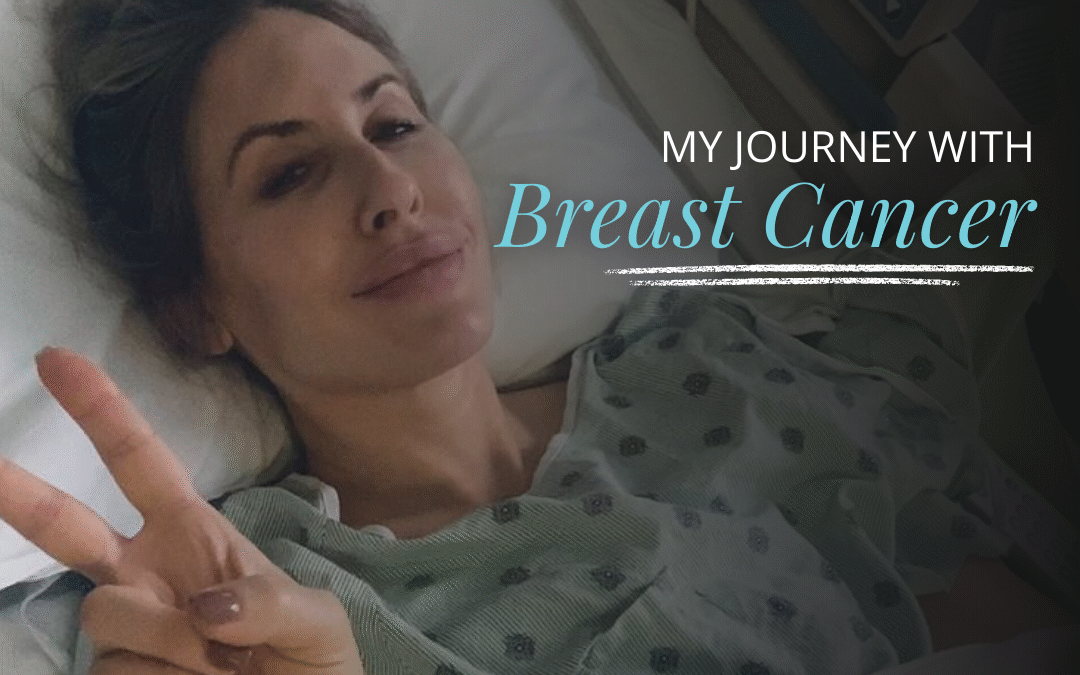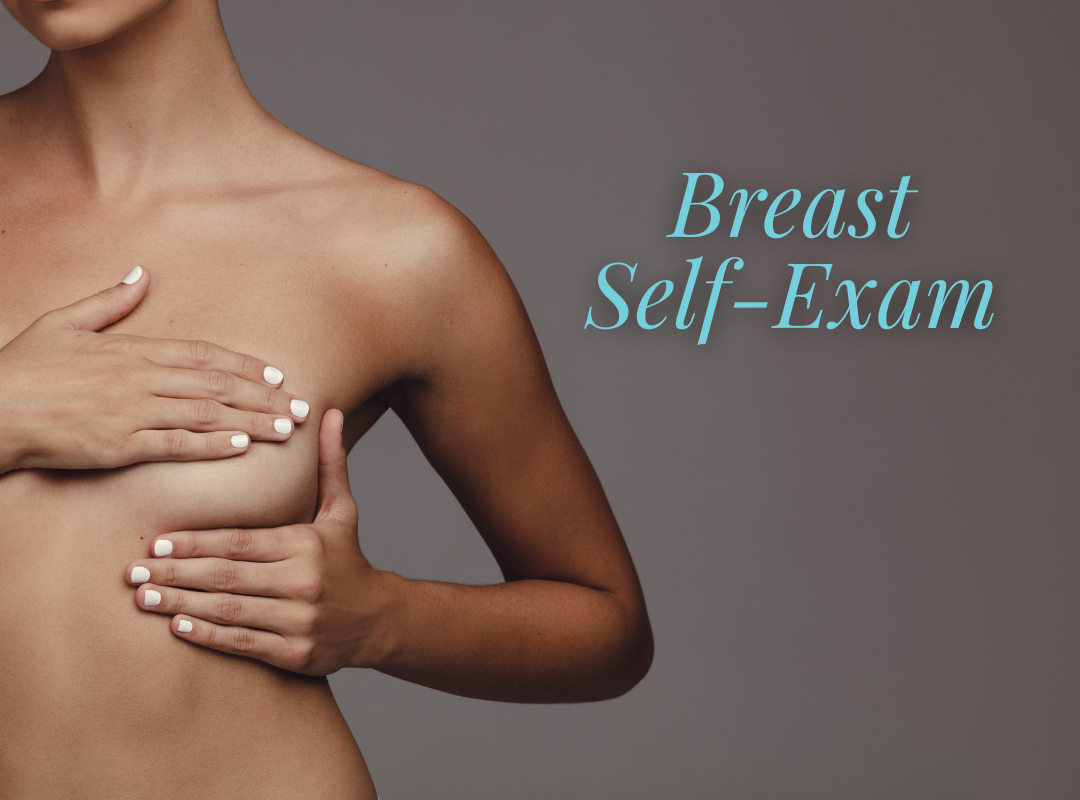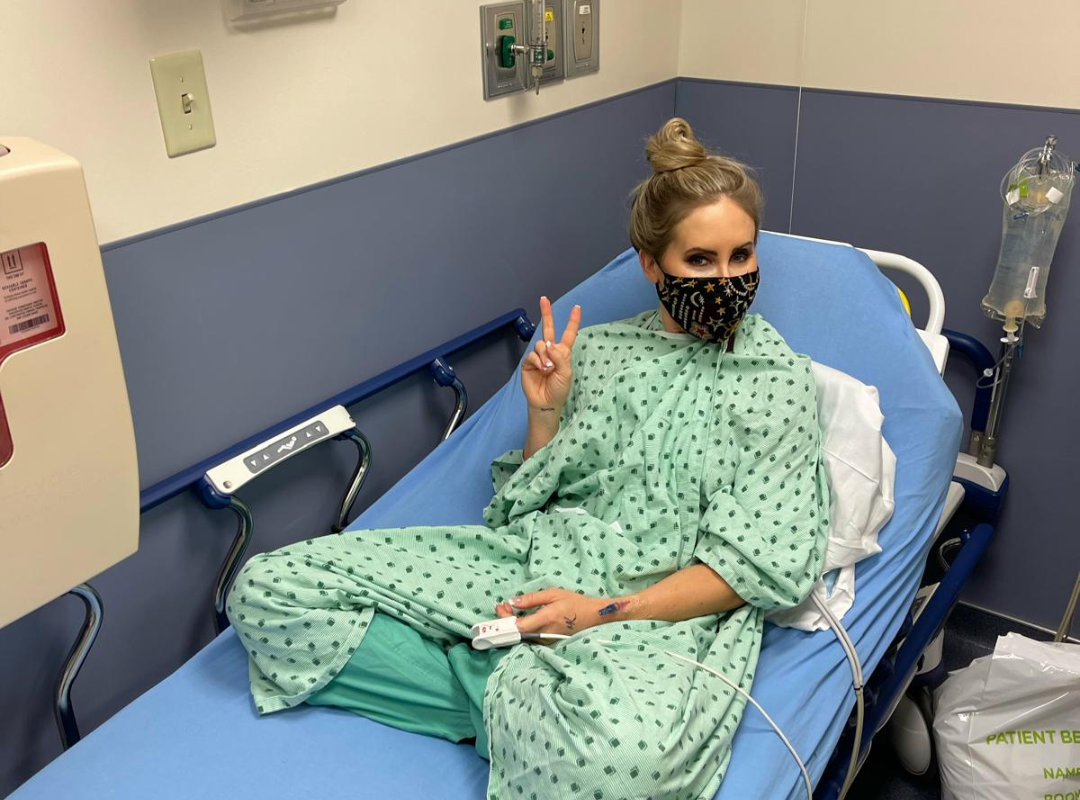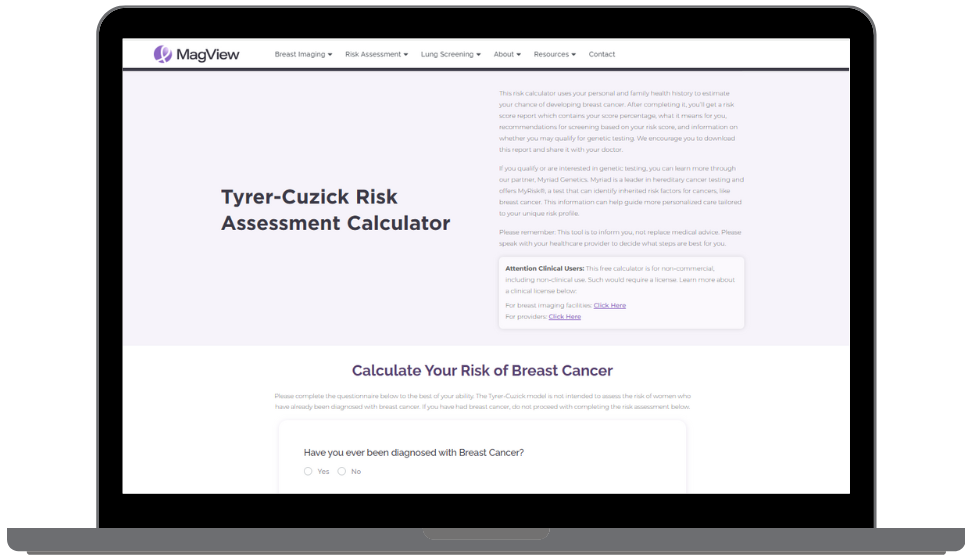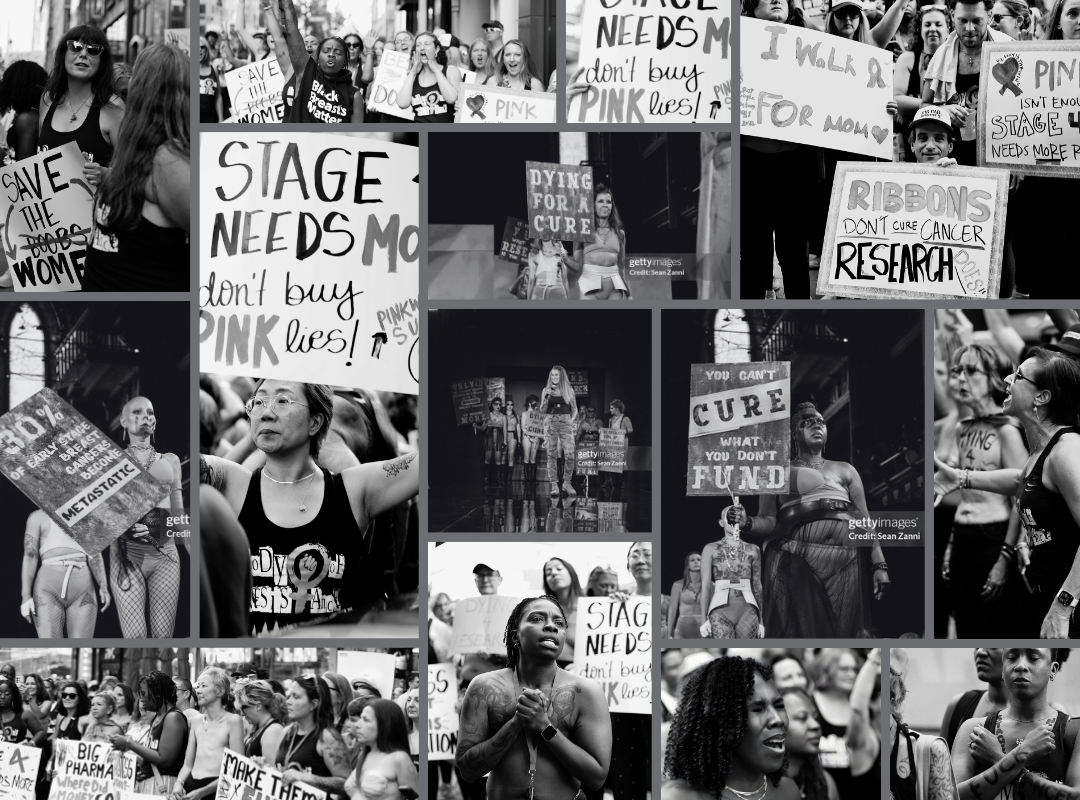My name is Erica Deligne, and on August 31, 2021, my life changed forever when I was diagnosed with stage one invasive ductal carcinoma, ER/PR positive.
Just weeks later, on October 19, 2021, I underwent a double mastectomy with aesthetic flat closure. That decision wasn’t straightforward, in fact, it came after a lot of research, late-night reading, and connecting with women in Facebook support groups.
When I met with two different breast surgeons, neither of them presented “going flat” as an option. Reconstruction with implants was positioned as the best path forward. But through my own research, including learning about breast implant illness, I discovered that going flat was the healthiest choice for me and my body.
And that’s now part of my advocacy: helping women be fully informed of all their choices, not just the ones most commonly presented.
How I Found My Lump
My journey started with something simple but powerful: a breast self-exam. One day, I noticed a small lump that didn’t feel right. I could have ignored it, but instead I listened to my body. I booked a doctor’s appointment, and that decision ultimately saved me from facing a later-stage diagnosis.
That’s why I’m passionate about reminding women: know your body. Self-exams aren’t a guarantee, but they are an empowering tool.
What Early Detection Really Means
I personally believe that early detection can save lives, because it gave me mine. My cancer was found at stage one, when treatments are usually most effective. In many cases, catching breast cancer early gives people a better chance at long-term survival.
At the same time, I know early detection isn’t the whole answer. Some cancers are aggressive, and for those diagnosed at later stages, we still need better treatments, and ultimately, a cure.
So while early detection gave me a fighting chance, I believe awareness and research must go hand in hand. One helps us act sooner, and the other will move us closer to a future where every person, no matter their stage, has real hope.
The Breast Cancer Risk Assessment Test
There’s a free tool online called the Tyrer-Cuzick / IBIS Risk Calculator that helps estimate your individual lifetime risk of developing breast cancer. It looks at things like age, family history, hormone factors, and other health background details to give a personalized risk score.
Now, to be clear: it’s not a diagnostic test. It won’t tell you whether you have cancer now. What it does do is help you and your doctor understand whether you might benefit from a more tailored screening plan, maybe advanced imaging, more frequent checkups, or even genetic counseling.
I didn’t know this tool during my own diagnosis, but I share it now because it’s exactly the kind of resource I wish I had. Having more information can give you power in your decisions.
The Role of Genetics
Another important piece of awareness is genetic testing. Inherited mutations, like BRCA1 and BRCA2, significantly raise the risk of breast and ovarian cancer. Knowing your genetic status can:
- Guide you toward earlier or more frequent screenings
- Help you explore preventive care options
- Give your family members important knowledge about their own risks
I decided to do a multi-panel genetic test that looked at over 100 mutations. For me, it wasn’t only about my health, but also about protecting my family with knowledge that could help them, too.
Why I Share My Story
When I was diagnosed with breast cancer, I realized how little we talk about the choices women truly have and how important it is to make the one that feels right for your own body. For me, that meant choosing to go flat. It wasn’t about giving up beauty; it was about choosing health, peace, and healing.
Breast cancer changed me in every good way possible. It was God’s way of reminding me that true beauty comes from spirit. Nothing on the outside can add to or take away from the beauty that already lives within us. It’s the kindness, strength, and love we extend to others and to ourselves that defines what beauty really means.
I also know that healing looks different for everyone. For many women, reconstruction can be a deeply empowering and valid choice that helps them feel whole again in their own way. What matters most is being fully informed, supported, and confident in the decision that aligns with your own sense of self.
Choosing flat allowed me to focus on healing and listening to my body instead of feeling pressured to fit a certain image. Sharing this journey isn’t always easy, but if it helps even one woman feel empowered to make an informed choice and embrace her own version of beauty, then it’s worth it.
Beyond Awareness: Why Action Matters
Every October, you’ll see a flood of pink ribbons and campaigns in the name of breast cancer awareness. But the hard truth is that awareness alone isn’t enough, especially when 116 lives are lost every single day to metastatic breast cancer, the stage with no cure yet.
While sharing our stories matters, and I’ll always keep sharing mine, it’s also important that we put action behind the awareness. That means supporting organizations you can trust, ones that focus on funding better treatments and real research that can save lives.
That’s why I’m proud to support Cancer Culture, a nonprofit I partnered with during the Cancer Culture x AnaOno show at New York Fashion Week fundraiser show. Their mission goes beyond pink ribbons, they raise funds that directly fuel metastatic breast cancer research, the kind of work that gives hope to women living with this disease today.
If you have even a little to spare, I encourage you to donate to Cancer Culture. Your gift will go toward research that truly matters, helping us move closer to a future where fewer women are lost every day.
Because awareness starts the conversation, but action is what changes the outcome.
Until next time.
Always be kind, x
Erica Deligne

